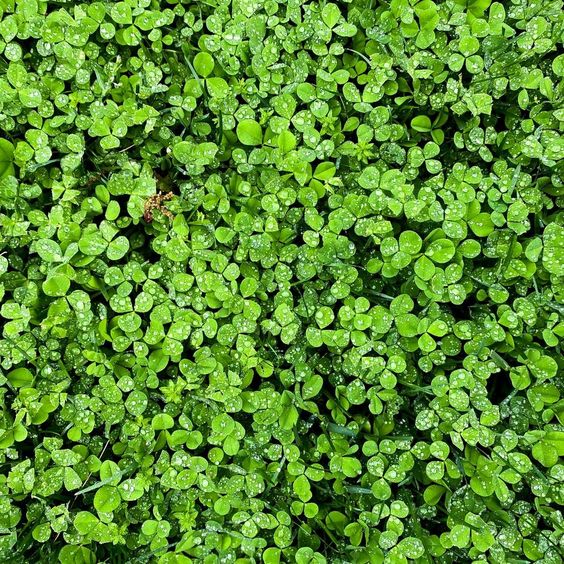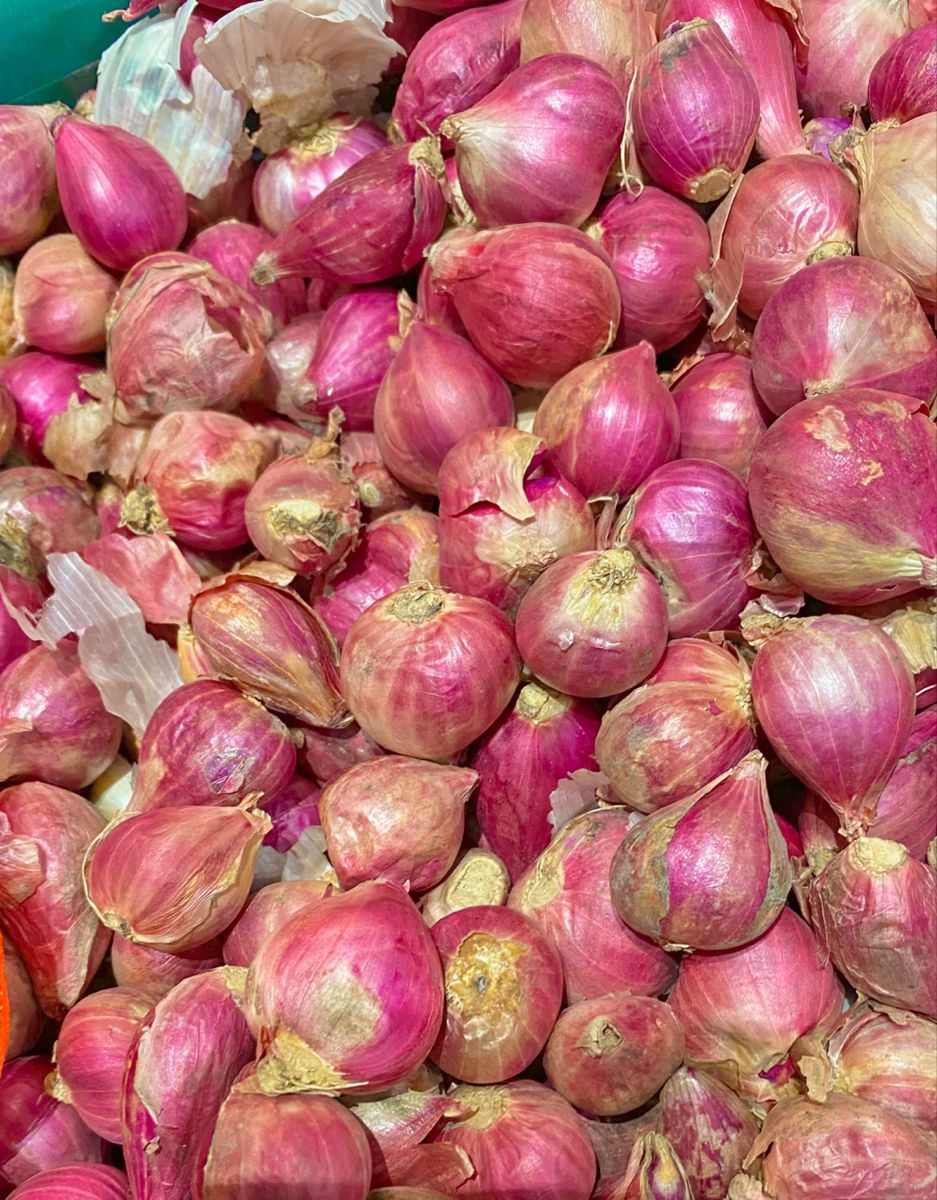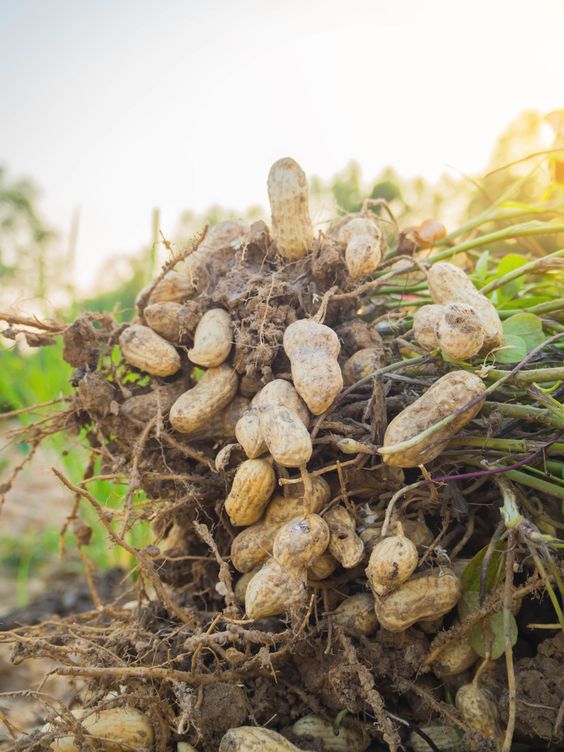Plant Clover Lawns: A Sustainable and Data-Driven Approach to Green Spaces with Smart Agriculture Integration
Plant Clover Lawns,The concept of smart agriculture is revolutionizing the agricultural sector, promoting data-driven practices for optimized resource management, improved yields, and sustainable development. This trend extends beyond traditional crops, encompassing innovative solutions for maintaining healthy lawns and green spaces. One such solution is the incorporation of clover into lawn management strategies. Clover, a nitrogen-fixing legume, offers numerous benefits for lawns, aligning perfectly with the principles of smart agriculture. This comprehensive article explores the integration of clover lawns with smart agriculture technologies, outlining the advantages, implementation strategies, and data-driven approaches to optimize clover lawn success.
Contents
- 1 Benefits of Clover Lawns
- 2 Plant Clover Lawns and Smart Agriculture
- 3 Establishing and Maintaining a Plant Clover Lawns
- 4 Usefulness of Smart Agriculture Technologies for Plant Clover Lawns
- 5 Economic Benefits of Plant Clover Lawns
- 6 Environmental Advantages of Clover Lawns
- 7 Challenges and Considerations
- 8 The Future of Plant Clover Lawns and Smart Agriculture Integration
Benefits of Clover Lawns
- Nitrogen Fixation: Clover, a legume, has the unique ability to fix atmospheric nitrogen and convert it into a usable form for plants. This eliminates the need for synthetic nitrogen fertilizers, reducing costs and environmental impact.
- Reduced Water Requirements: Clover boasts deep root systems that efficiently utilize soil moisture. This translates to reduced water needs compared to traditional grass lawns, making them ideal for drought-prone areas and promoting water conservation.
- Improved Soil Health: Clover’s nitrogen fixation enriches the soil, promoting healthy microbial communities and increasing fertility for surrounding plants and vegetation.
- Pollinator Friendly: Clover flowers attract bees, butterflies, and other beneficial pollinators, contributing to a healthy ecosystem.
- Reduced Weed Growth: Clover’s dense, low-growing nature helps suppress weed germination and growth, minimizing the need for herbicides.
- Aesthetic Appeal: Clover lawns offer a vibrant green appearance with beautiful blooms, adding visual interest to landscapes.
Plant Clover Lawns and Smart Agriculture
Clover lawns perfectly align with the principles of smart agriculture. Here’s how:
- Data-Driven Decision Making: Smart soil sensors can monitor moisture levels and nutrient content within the clover lawn, allowing for data-driven irrigation and fertilization regimes. This optimizes resource management and ensures the clover thrives without excess water or fertilizer.
- Precision Irrigation: Smart irrigation controllers, informed by soil sensor data, can automatically adjust watering schedules based on real-time needs. This prevents overwatering, reduces water waste, and promotes efficient water utilization.
- Integrated Management Systems: Smart agriculture platforms can integrate data from soil sensors, weather stations, and historical records to create comprehensive management plans for clover lawns. These plans can encompass optimal mowing schedules, pest control strategies, and seasonal adjustments.
Establishing and Maintaining a Plant Clover Lawns
Creating a thriving clover lawn requires careful planning and execution. Here’s a breakdown of the process:
- Seed Selection: Choose clover varieties suitable for your climate and desired lawn characteristics. White Dutch clover is a popular choice for lawns, offering a low-growing, dense form.
- Soil Preparation: Test your soil’s pH and nutrient levels. Clover thrives in slightly acidic soil (pH 6.0-7.0). Amend the soil as needed to achieve optimal conditions.
- Planting: Sow seeds in early fall or spring on a well-prepared, weed-free seedbed. Lightly rake the seeds into the soil and keep the area moist until germination.
- Mowing Practices: Maintain a higher mowing height (3-4 inches) compared to traditional grass lawns. This allows clover to flourish and compete with weeds.
- Watering: Water deeply during establishment but allow the top inch of soil to dry between waterings once mature. Smart irrigation systems can automate this process based on real-time soil moisture data.
Usefulness of Smart Agriculture Technologies for Plant Clover Lawns
Smart agriculture technologies enhance clover lawn management through data-driven insights:
- Soil Sensors: Provide real-time information on soil moisture, temperature, and nutrient levels, guiding irrigation and fertilization strategies.
- Weather Stations: Integrate weather data with soil sensor readings for automated adjustments to watering schedules based on rainfall and evaporation rates.
- Yield & Growth Monitoring: Track the health and growth of your clover lawn over time, identifying areas for improvement and adjusting management practices as needed.
Economic Benefits of Plant Clover Lawns
The advantages of clover lawns extend to economic benefits for homeowners and land managers:
- Reduced Fertilizer Costs: Elimination of synthetic nitrogen fertilizers translates to significant cost savings over time.
- Lower Water Bills: Reduced water needs due to clover’s efficient water utilization lead to lower water bills, especially in drought-prone areas.
- Improved Property Value: Healthy, vibrant clover lawns can enhance the curb appeal and value of properties.
Environmental Advantages of Clover Lawns
Clover lawns contribute positively to the environment in several ways:
- Reduced Nitrogen Runoff: By fixing its own nitrogen, clover eliminates the need for synthetic fertilizers, which can contribute to nitrogen pollution in waterways.
- Improved Soil Health: Clover enriches the soil, promoting healthy microbial communities and better soil structure, leading to improved drainage and reduced erosion.
- Water Conservation: Plant Clover Lawns lower water requirements promote water conservation, a crucial consideration in areas facing water scarcity.
- Pollinator Support: Plant Clover Lawns attract bees, butterflies, and other pollinators, which are vital for maintaining healthy ecosystems and agricultural production.
Challenges and Considerations
While Plant Clover Lawns offer numerous benefits, some challenges and considerations need to be addressed:
- Establishment Time: Clover lawns may take longer to establish compared to traditional grass lawns.
- Bee Concerns: For those with severe bee allergies, clover lawns may require additional caution. However, the benefits of attracting pollinators outweigh the risks for most people.
- Weed Management: While clover helps suppress weeds, it might not be as effective as traditional grass in all situations.
- Mowing Practices: Maintaining a higher mowing height is crucial for clover lawns, which may require adjusting existing mowing routines.
The Future of Plant Clover Lawns and Smart Agriculture Integration
The integration of Plant Clover Lawns with smart agriculture technologies holds immense potential for the future. Here’s what to expect:
- Advanced Sensing Technologies: Future smart sensors might monitor not just basic soil parameters but also assess clover health indicators like nitrogen fixation rates and insect activity.
- AI-Powered Management Systems: Artificial intelligence can be integrated into smart agriculture platforms to learn from historical data and real-time sensor readings, suggesting optimal management strategies for clover lawns based on specific environmental conditions.
- Robotic Lawn Care: Autonomous robotic mowers can be programmed to maintain clover lawns at the ideal height, further reducing labor requirements and promoting sustainability.
Plant Clover Lawns offer a sustainable and data-driven approach to maintaining green spaces. By integrating smart agriculture technologies like soil sensors and irrigation controllers, homeowners and land managers can optimize clover lawn management, reducing costs, conserving resources, and promoting a healthy environment. As technology advances, the future of clover lawns promises even greater efficiency and sustainability, making them a viable and attractive option for a wide range of applications




